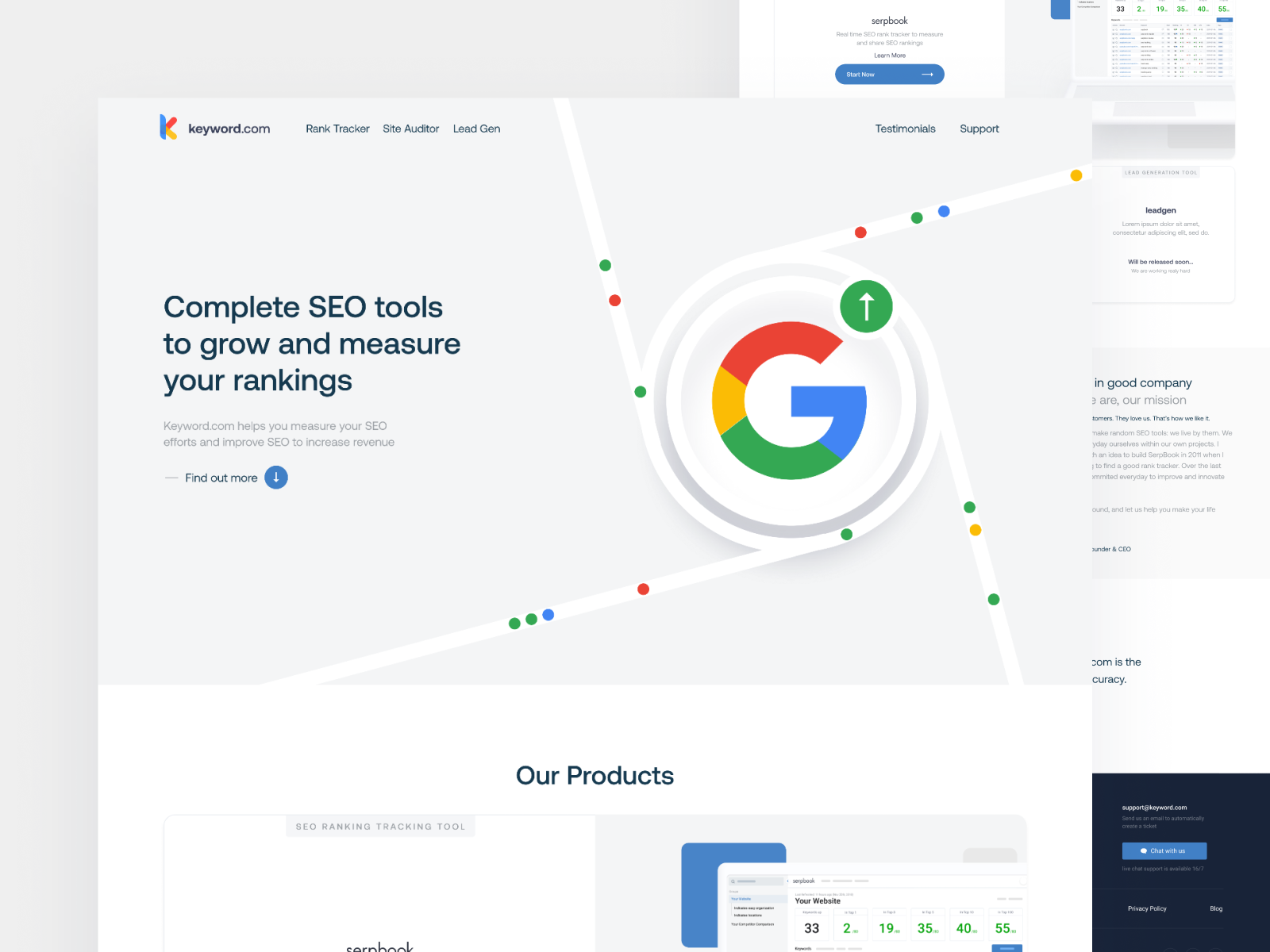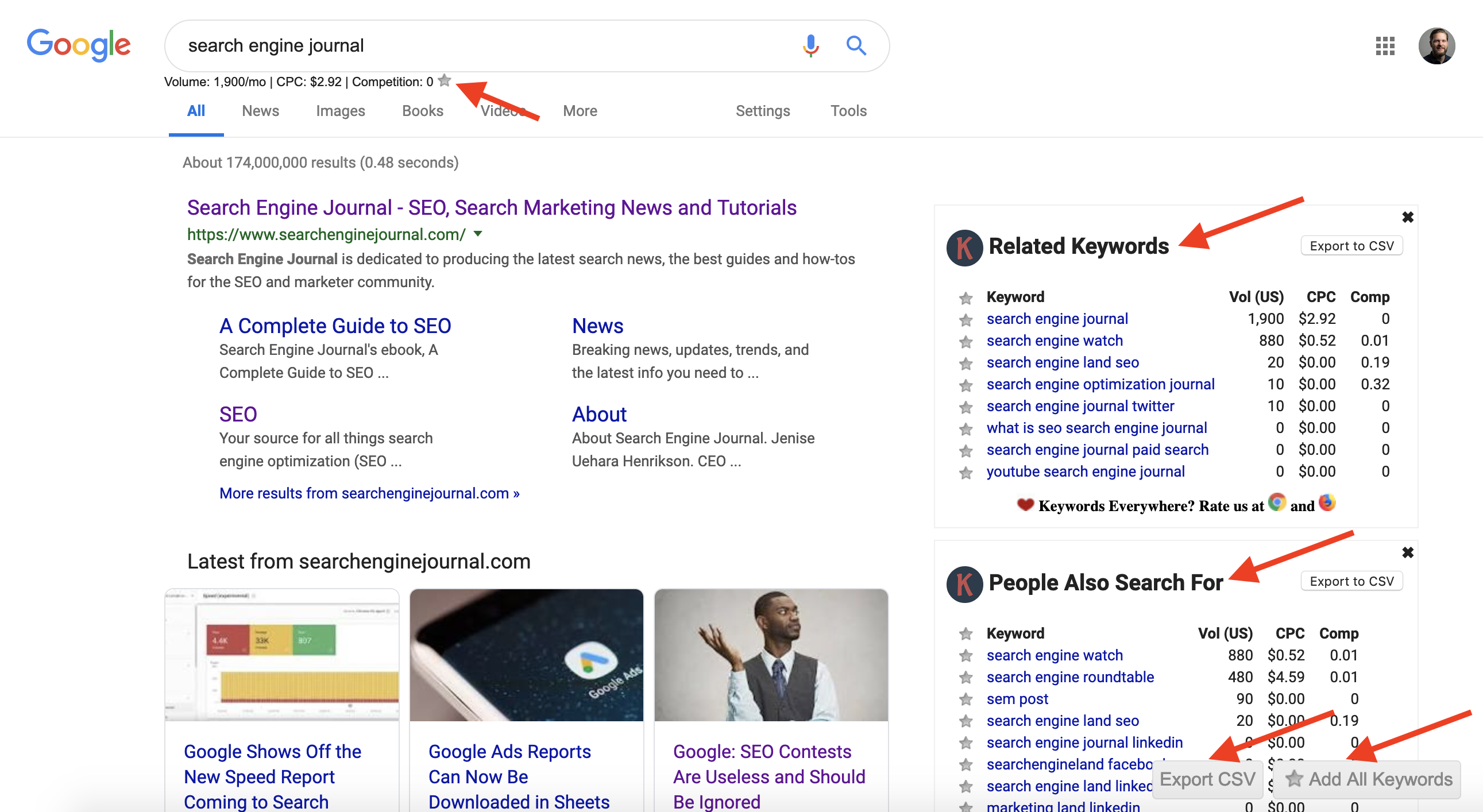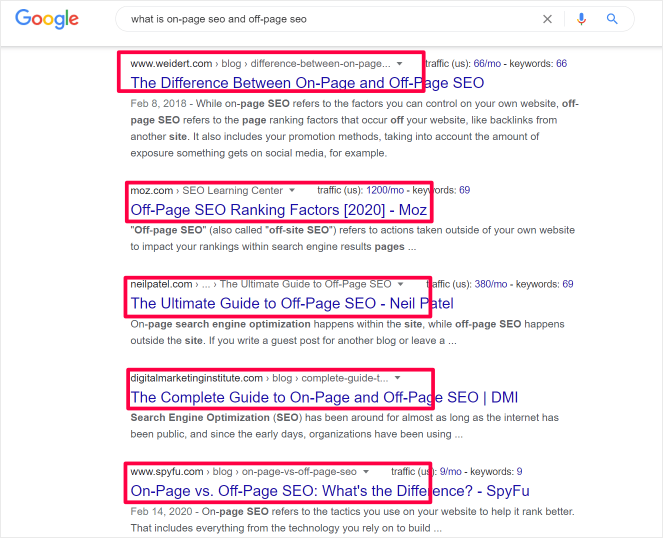

Changing the URL means implementing a redirect, which will lose you more value than this change would gain. Best practice is great when creating new pages but I would advise against going back to old pages and changing the hyphens and underscores. The likelihood is this has a pretty minimal impact whether you do actually use hyphens for separating words and underscores for a single phrase. He’s the head of Webspam for Google, so he’s well worth listening too. The debate rages on - which is better for SEO, underscores or hyphens? Luckily enough there is a definitive answer from Matt Cutts. Should I use an underscore or hyphen in my URL? Naming your categories and sub-catagories utilising keywords will not only benfit those pages but also the pages listed within them. This is done through the site structure, with content placed in categories which are also relevant to the search term ranking better. The placement of the page on the site has an impact on how relevant Google deems its content. Just make sure it’s clear, uses your main keywords for the page and it actually looks good on page. Obviously you can use more shorter words or fewer longer words. 3 to 4 is a good number but a healthy dose of common sense should steer you in the right direction. Try and keep your page URL short, don’t use too many words. Just use the s option within your install, which will change the URLs to words, instead of numbers. Luckily enough this is pretty easy to change. For SEO this isn’t great, you want it to be human-readable.
#HOW TO SEARCH A PAGE FOR KEY WORD CODE#
Some popular CMS such as Wordpress use a numerical default for URLs, meaning that when a page is created it is assigned a numerical code which forms the URL. If you want to learn more about site structure and the other elements in the breakdown of this URL you can do so in this article on site structure.

It can be broken down into the following sections: Let’s take a look at the URL for this page: A good test is to see if your URL reflects your page title. It doesn’t need to be perfect English but at a glance the content that you would expect to see on the page should be clear. Your URL should be readable to a human and make sense. The middle section is hopped over, leaving the most important parts for the user - the domain and the page. Note that Google shortens longer URLs, like this one, to make them display neatly. That then has a direct influence on whether people choose to click your link. This means your URL actually forms part of the ‘ad’ which appears for your site in the organic search results.

Not only does it provide additional value to your keywords, it also appears within the search results. The URL can be a bit of an underrated asset for a page. So, let’s start at the top and go from there. This keeps everything organised and makes it less likely we'll miss something. I find the best way to do this is with a ‘top down’ approach.

Within this Google assigns more or less relevancy (the influence given to which keywords you rank for) to different elements on the page.įor this article we're going to analyse this page and work through those elements within it. So which keywords your pages rank for is determined by the content they contain. Google uses the on-page content in order to work out what the page is about. In reality I would be looking at it as part of the website and thinking about all the possible ramifications to both on-site and off-site activity. To make it easier to break down the information, we’re looking at a page in isolation in this article. By getting on-page right you're putting down a solid foundation to build upon with other activities. However that’s not to say it’s not important to have your on-page SEO spot on. On-page SEO is becoming increasingly overshadowed by off-page factors. Readability Is on-page optimization still important? Optimizing descriptions for a better Click Through Rate Making your page title look good in the search results It's worth reading the article as a whole though as I go through all the different issues you'll want to look at when you optimize a page. Take a look through the contents and if there is one aspect you're interested in you can hop straight there.


 0 kommentar(er)
0 kommentar(er)
